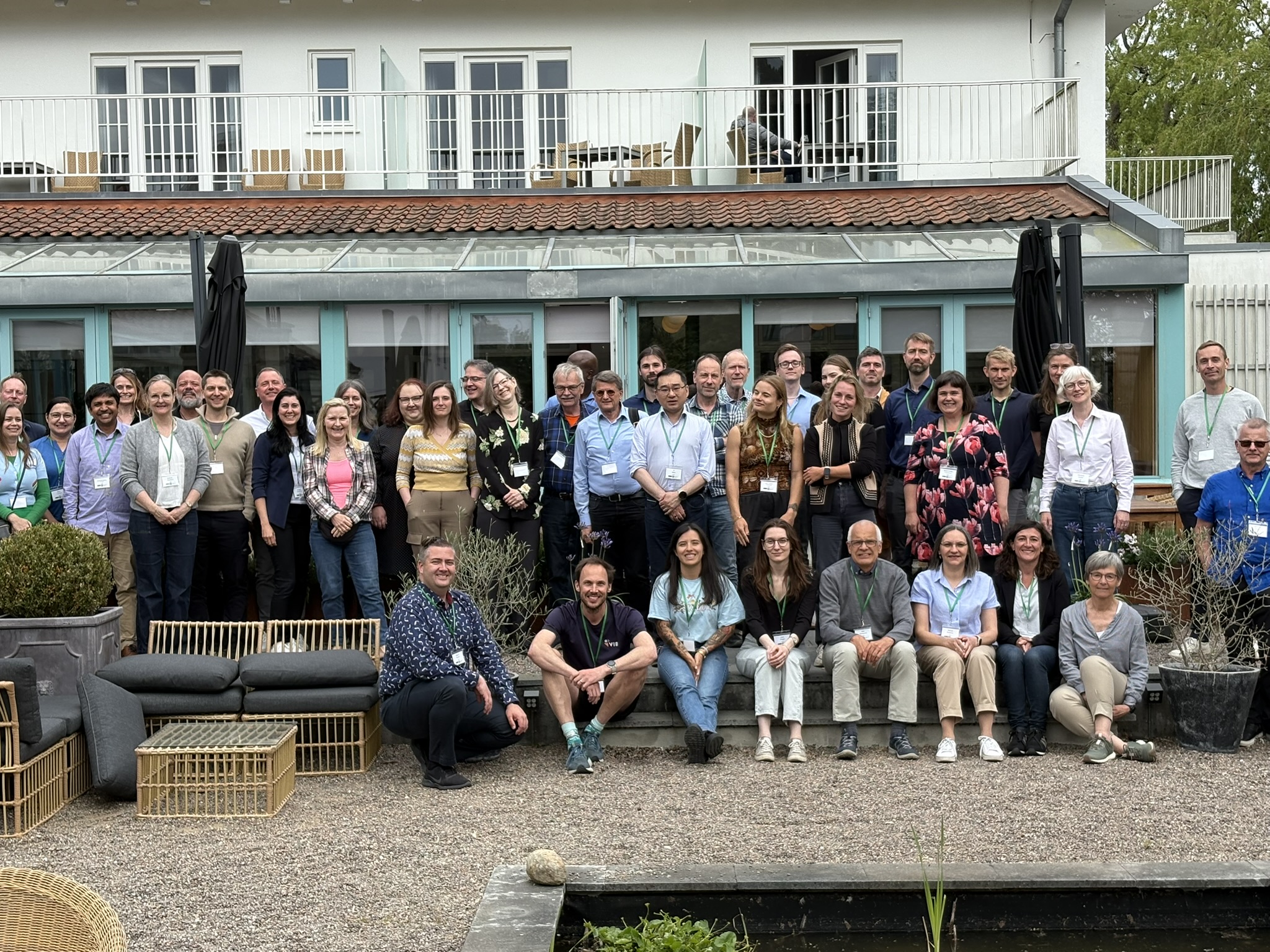
Ralph Dean | Entomology and Plant Pathology
- Genome assembly and comparative analysis of Alternaria linariae reveal novel genes associated with host colonization and virulence, BMC Genomics (2025, July 7)
- Use of the Puccinia sorghi haustorial transcriptome to identify and characterize AvrRp1-D recognized by the maize Rp1-D resistance protein, PLoS Pathogens (2024, November 8)
- Distinct dynamics of the nucleolus in response to nutrient availability and during development in the rice blast fungus, mBio (2023, September 28)
- Issue Information, Molecular Plant Pathology (2023, August 13)
- Plant Disease Detection Using an Electronic Nose, 2023 IEEE SENSORS (2023, October 29)
Ralph Dean
William Neal Reynolds Distinguished Professor
Center for Integrated Fungal Research
Department of Plant Pathology
North Carolina State University
919-513-0020
Email: Ralph_dean@ncsu.edu
Biography
Ph. D., 1986 University of Kentucky
B.S., 1980 University of London, Imperial College, England.
Research
The Dean lab is interested in understanding the mechanisms by which fungal plant pathogens recognize, invade and suppress host defense mechanisms. Dr. Dean’s research program primarily focuses on Magnaporthe oryzaethe causal agent of rice blast disease. Worldwide, this disease is estimated to kill enough rice annually to feed over 60 million people. Much work hascentered on the signaling pathways, particularly cAMP in regulating the initiation and development of appressorium formation, a specialized cell required by M. oryzaeand many other pathogenic fungi for attachment to and penetration of host tissues. Following completion of the genome sequence and deep transcriptional profiling, his research has focused on functional and post genomic approaches to develop a systems view of fungal pathogenesis. Four major projects involving M. oryzae are currently ongoing in the Dean laboratory and include 1. Characterization of small RNA and gene silencing mechanisms in regulating infection development and host –pathogen interactions. 2. Interrogation of post-translational protein modifications (phosphorylation and ubiquitination) during infection, 3. Identification and characterization of effector proteins,and 4. Comparative genome analysis of foliar and rooting infecting members of the Magnaporthacae. This project involves comparison of the genomes and gene content of M. oryzae with closely related species Gaemanonomyces graminis tritici and M. poae.
Teaching
Dr. Dean teaches PP707 Plant-Microbe Interactions every Spring, which is co-taughtwith Dr. Carbone. Dr. Dean’s section covers the following topics: 1. Conceptual framework of plant immunity, 2. Effectors and effector delivery systems, 3. Effector recognition, 4. Biotrophic and necrotrophic interactions, 5. Hypersensitive response and programmed cell death, 6. Systemic acquired resistance, 7. Small RNA and disease, and 8. Secondary metabolites and toxins.





